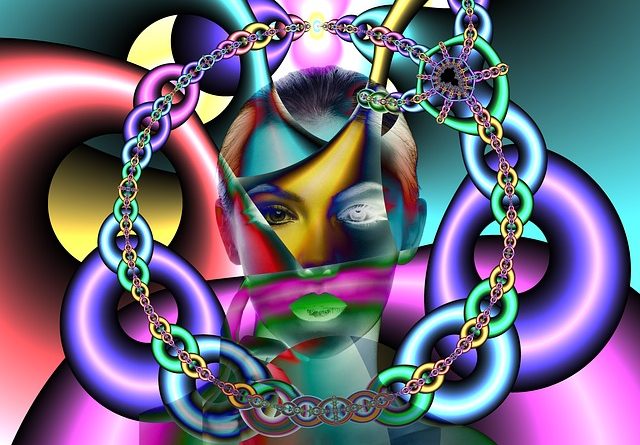7 Tips to Take Control of Bipolar Disorder
7 Tips to Take Control of Bipolar Disorder.Bipolar disorder, also known as manic depression, is a life-long illness that affects the chemistry of the brain. In classical cases, it causes severe mood swings, from periods of mania to extreme highs to periods of depression to lowest levels, with relatively normal alternations. According to the National Institute of Mental Health, more than 2 million people 18 years of age and older have been diagnosed with bipolar disorder.
Unfortunately, there is currently no cure for bipolar disorder. But for any chronic disease, such as diabetes, heart disease, or epilepsy, proper treatment, management, and understanding of the disease are important. Most people with bipolar disorder can live full, productive, and content lives by taking important steps to control and manage their illness.
Here are some key steps to consider if you or a loved one has bipolar disorder
1.Find a mental health professional you trust. A person diagnosed with bipolar disorder should establish a relationship with a trusted mental health professional where an open and honest conversation can take place.
2.Take medication as prescribed. This is the first and most important step in managing bipolar disorder. This is the only factor that must be strictly adhered to. For the drug to work, it must be taken regularly and for a long time. You may want to stop taking the medicine when your symptoms subside and you start to feel better. However, this can have serious consequences.
3.Reduce stress. Mental health professionals generally believe that increased stress can trigger a manic-depressive episode. Finding time to relax, share additional responsibilities, or just talk to someone during a stressful event can help increase feelings of calm.
4. Don’t isolate yourself. Don’t try to “manage” bipolar disorder alone. Finding the comfort and sympathy of family and friends is central to a person’s treatment. Joining a bipolar disorder support group can be very helpful because the people there understand what it feels like and how difficult it is to live with the condition. They can provide insight and encouragement to someone facing a diagnosis.
5.Maintain a healthy lifestyle. It’s important to establish regular healthy habits like exercising at the same time every day, going to bed at the same time every night, and waking up at the same time every morning. Maintain a healthy diet and get enough sleep, as erratic sleep habits can increase symptoms of bipolar disorder. Do not use caffeine or stimulants.
6.Become an expert on bipolar disorder. Get involved in learning about the symptoms and treatment of bipolar disorder and the effects it can have on family and friends. Consult a qualified mental health professional if you have questions and concerns. Read books about the disease or listen to lectures by experts. Learn as much as you can about bipolar disorder, because knowledge is a powerful tool for unraveling the mystery of the disease.
7.Enhance life with pleasant things. Prioritize engaging in activities that evoke feelings of joy, happiness, and accomplishment. Hobbies or activities that promote feelings of peace or relaxation are helpful in dealing with the confusion of bipolar disorder.
8. A diagnosis of bipolar disorder does not necessarily mean the end of one’s world; rather, it can be seen as a fresh start. Finally, one that provides explanation and ultimate relief from some of the destructive and unexplained behaviors a person may exhibit, helping them to lead a rich and fulfilling life.





кредит срочно без отказа на карту кредит срочно без отказа на карту .
быстрые займы онлайн без отказа круглосуточно быстрые займы онлайн без отказа круглосуточно .
психологи нижний новгород psihiatry-nn-1.ru .
аренда джисиби экскаватор в москве аренда джисиби экскаватор в москве .
медицинский косметолог медицинский косметолог .